Vinaka to the Fiji Times for featuring an inspiring story about our newest champion, Radike Qereqeretabua, known to many for his success as a hotelier in Fiji.
Radike is also a traditional kai wai from Dravuni Island, Ono, Kadavu, which makes him particularly concerned these days about the plight of kawakawa and donu, fish that are rapidly disappearing in Fiji. Because when the leader of the Burebasaga Confederacy calls for seafood, the kai wai must be ready to supply her demands.
"Whenever any seafood like turtles or fish are needed for an occasion, the Roko Tui Dreketi will call for us to supply them. It has always been that way with our elders and it is our obligation to the chief of the confederacy. We don't have much land so most of our resources are from the sea and we rely on the ocean for our livelihood," said Radike.
As a kai wai, Radike has to know everything about the sea and the different fish in the area. That makes him one of the respected elders on the island. And here's what he has seen: Over the years, there has been a decrease in the sizes and numbers of fish his community catches, including kawakawa and donu, both prized fish.
"Kawakawa and donu are two nice-eating fish. I still remember when my daughter Lenora got married. We had a lot of kawakawa and even the head of the fish itself, when served on a platter, went over the sides of the plates. But nowadays it is hard to see those big-size fish as they seem to be getting smaller and less too," he said.
That's why Radike has become a champion for the 4FJ campaign, a movement to revive kawakawa and donu in Fiji helping communities better meet their food and income needs.
"I believe the problem is we are taking them before they reproduce. If we give the time to breed we will always have more. I also support the initiative to ban the fishing of kawakawa and donu during the months of June through September."
Kawakawa and donu, commonly called grouper, are particularly vulnerable to overfishing because they gather predictably in the same spots each year to breed. Those sites are fished heavily because it's so easy to catch them, but by taking them before they reproduce means populations are rapidly declining.
Of the known breeding site in Fiji, 80 per cent are declining or gone, according to the Ministry of Fisheries. One Fiji study showed a 70 per cent decline in kawakawa landings over 30 years. As a result, the Ministry of Fisheries plans to establish a seasonal ban on the fishing and sale of kakakawa and donu, June through September, the peak breeding months, starting in 2018.
Over the past three years, through the 4FJ campaign, more than 14,000 people in Fiji have pledged voluntarily to forego kawakawa and donu during their peak breeding months. For his part, Radike is ready to spread the 4FJ message.
The son of a teacher who was always being posted to various schools around the country, Radike was away from his village as a child but that did not affect his upbringing or his knowledge of his traditional roles and obligations to the vanua as in most iTaukei homes. Radike's worried some of their traditional roles can't be fulfilled if we don't take action to boost kawakawa and donu populations.
"I have started with my personal pledge that I and my family will not buy or eat these two species of fish. I will also spread the word through my own community on the islands of Dravuni and Buliya including the Kokomo Island Resort, which is on our island of Yaukuve Levu, which is next to Dravuni Island," he said.
"I wish to plead with my relatives from the islands of Dravuni and Buliya to respect the advice given on the two fish and others that are endangered so that our reefs continue to be healthy and provide for our livelihood and our traditional obligations. Let us not be like other countries that have lost most of their marine resources because they overfished them," said Radike.
Vinaka Radike.
